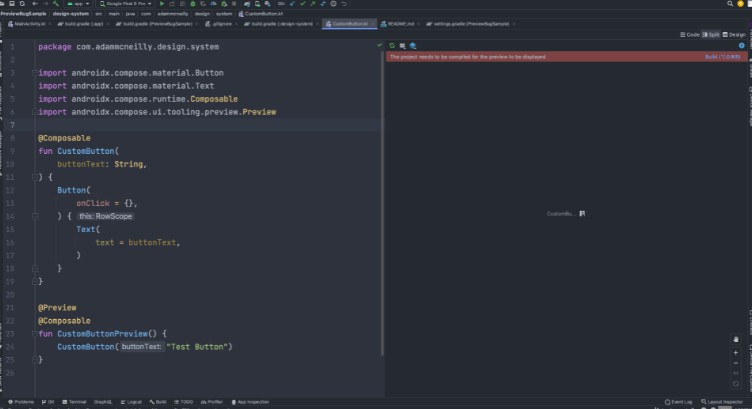✨ ExposedPowerUtils ✨
Utilities and Extensions for Exposed, because while Exposed is a pretty nice framework, it tries to support a lot of SQL dialects, so a lot of advanced features that aren’t supported by the SQL standard aren’t supported in Exposed.
Thankfully Exposed is very extendable, allowing you to support features that it doesn’t support out of the box! This repository contains a bunch of Exposed tidbits that I use on a lot of my projects.
Getting Started
repositories {
mavenCentral()
maven("https://repo.perfectdreams.net/")
}
Then, in your dependencies…
dependencies {
implementation("net.perfectdreams.exposedpowerutils:ModuleNameHere:CurrentVersionHere")
}
Here’s an example!
dependencies {
implementation("net.perfectdreams.exposedpowerutils:postgres-java-time:1.0.0")
}
Modules
:exposed-power-utils
Contains general purpose extensions and utilities for Exposed, not bound to a specific SQL dialect.
:postgres-power-utils
Contains PostgreSQL extensions and utilities for Exposed.
- Basic
jsonbsupport- You get and store data using
Strings, the way how you are going to serialize and deserialize your data is up to you!
- You get and store data using
- Create and update PostgreSQL enums with Java enums
Example:
ExposedPowerUtils/tests/src/test/kotlin/TestStuff.kt
Lines 27 to 52
in
80fa05d
:postgres-java-time
Instant timestamp(...) with PostgreSQL’s TIMESTAMP WITH TIMEZONE.
- Avoids the issue described in #1536, #1305, #886
- Here’s why you should use
TIMESTAMP WITH TIMEZONE: https://www.toolbox.com/tech/data-management/blogs/zone-of-misunderstanding-092811/
Example:
ExposedPowerUtils/tests/src/test/kotlin/PostgresJavaTimeTest.kt
Lines 23 to 60
in
80fa05d
Similar projects:
- https://github.com/Benjozork/exposed-postgres-extensions
- https://github.com/LukasForst/exposed-upsert

